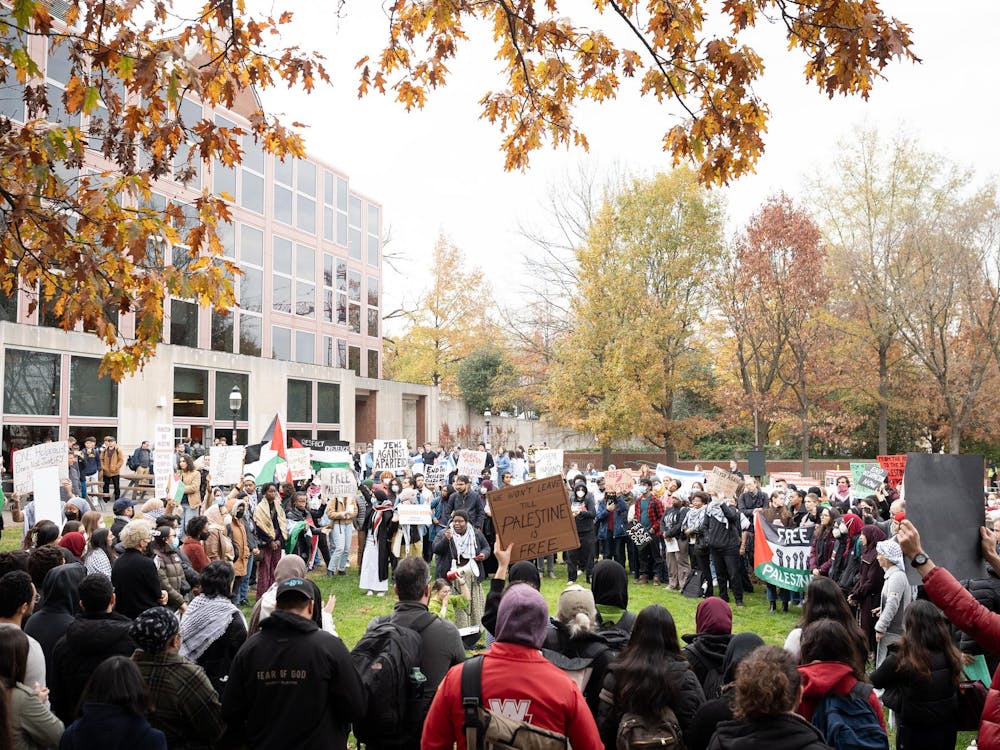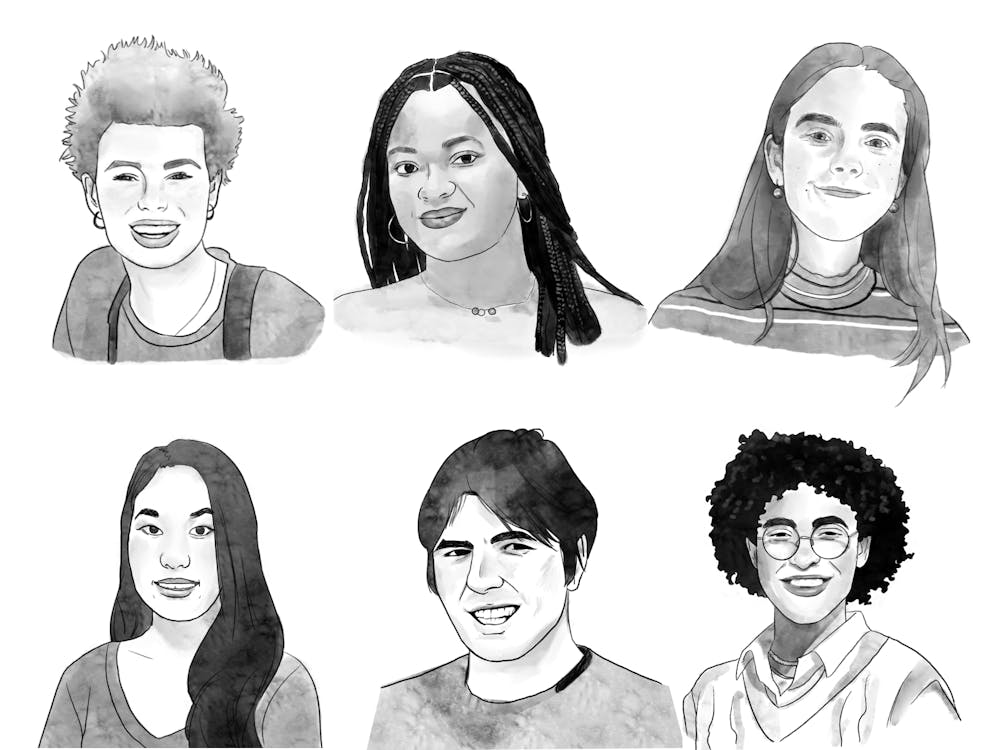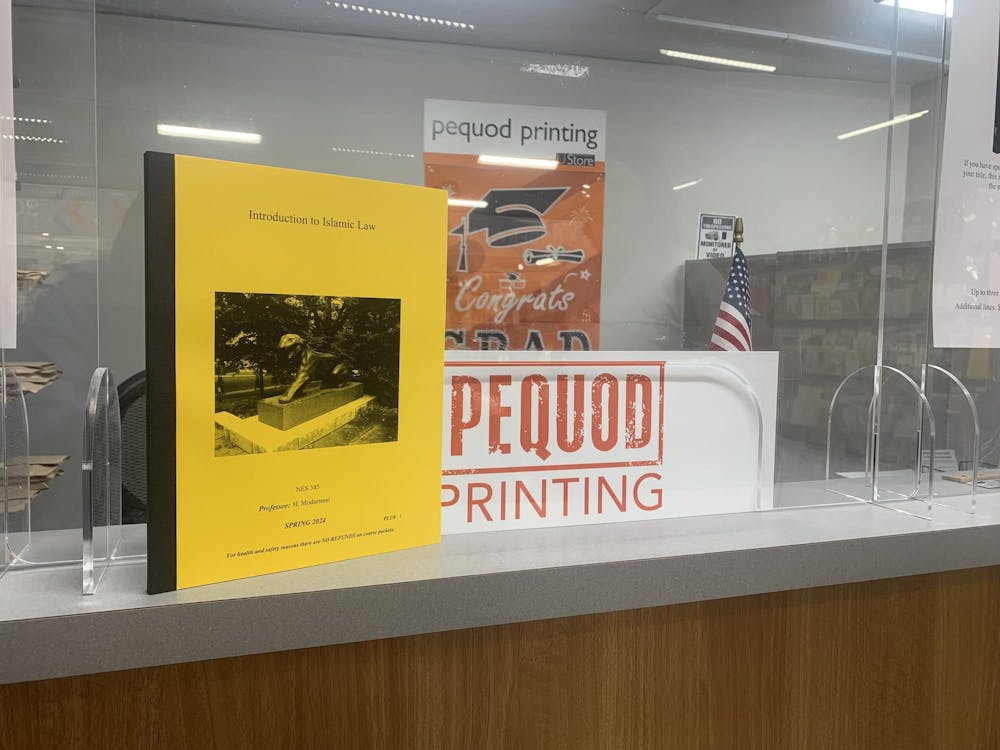This past week's focus on the Organization of Women Leaders and their sponsorship of CAKE has led many students on campus to debate the value of open sexuality and eroticism. CAKE, a group dedicated to organizing workshops on female sexuality, sexual awareness, and sexual pleasure was scheduled to come to the Princeton campus this past Monday and host a "Pleasure Workshop" — a time to learn about and discuss fantasy, orgasm, and pleasure. While many women on campus jumped at the chance to openly converse about their sexual perceptions and experiences, others, such as those who organized a public protest, boldly disagreed with the "self-objectification of women" that was purportedly promoted in the workshop. I want to call all Princeton students, and especially those who decried the CAKE workshop, to reevaluate their notions of feminism and the presence of an erotic culture.
Firstly, colorful presentations of various forms of love and intellectual eroticism existed long before the emergence of a formal "women's liberation movement." In the 13th century, sex as an expression of exuberance and joy was depicted in many forms of art, from the formal to the comic. Erotic culture thrived in the Renaissance and women were glorified for their sensual nature. Louise Labbé, the great female (and, many argue, strongly feminist) poet of the Renaissance celebrated sexuality in her poetry and her lyric verses drip with scenes of corporeal pleasure.
Some students on campus disapprove of CAKE and its devotion to female sexual culture, and claim that they are "concerned about . . . the detrimental effects [CAKE] might have on the Women's Movement." In many respects, these dissenters know very little about the origins of the Women's Movement or the feminists who propelled it to demand higher and higher levels of equality and respect for women.
The great 18th century feminist Mary Wollstonecraft, author of "A Vindication of the Rights of Women," wrote at length on the importance of female sexuality and sexual awareness. Wollstonecraft railed against misguided notions of the importance of a "good reputation" and called women to attain the "highest sensual gratification" they could. The OWL-sponsored workshop, much like Wollstonecraft's writings, clearly invited all women to acknowledge the power of their sexuality and achieve the highest sensual gratification. However, it is important not to misconstrue Wollstonecraft's words as a call for all women to be slaves of casual lust. While she exalts a woman's sexual appetite, she herself warns against cavalier attitudes toward sex.
Hearing some students argue that a pleasure workshop was "gross," "vulgar," or "nasty" was alarming. A woman must happily and proudly accept her sexuality if she is to truly understand the part of her that makes her fully female. There is absolutely nothing "gross" or "vulgar" (and certainly not "nasty") about female masturbation, pleasure or orgasm.
OWL attempts to promote women in all positions of leadership — in science, business, medicine, academia, publishing, and the arts. The existence of an erotic culture in the United States is indisputable. The promotion of female leadership in that culture is just as vital as the promotion of female advancement in other spheres. If women do not lead the way in the depiction and education of female eroticism, who will? Will women be taught by men how to feel about their bodies and their sexuality? Now that would be quite a step backward for the Women's Movement.
In yesterday's 'Prince,' Cason Crosby claimed that by hosting a "Pleasure Workshop," OWL offered a reductive view of women, one that did not promote the "single vision of the female person" promoted by Susan B. Anthony and Elizabeth Cady Stanton. Insisting that there is a "single vision" for all females is reductive to say the least. Stanton in no way promoted a single ideal for women; rather, she insisted that a woman's nature was many-sided and complex, and believe that female complexity was often subjugated by society's single vision of a woman as mother and homemaker.
OWL is still a very young group at Princeton. In its newness and inexperience, the organization rightly attempts to equally promote women's interests in all aspects of life — from the professional, to the academic, to the spiritual, physical, and sexual. OWL cannot ignore women's participation in the debate over open sexuality and the sexual culture at Princeton. Demonizing OWL and CAKE for their engagement in the promotion of female eroticism is backward and, more importantly, detrimental to the advancement of women. Since its earliest stages (centuries before Susan B. Anthony), the feminist movement has promoted a strong sense of sexuality along with a firm dedication to intellect and spirituality. As OWL struggles with the extremely complex notion of feminism, they are right to embrace the idea of female sexuality while warning against the sexual objectification of women. It's an extremely tricky tightrope to walk.
Charlotte Walker is a History major from Bethesda, Md.









